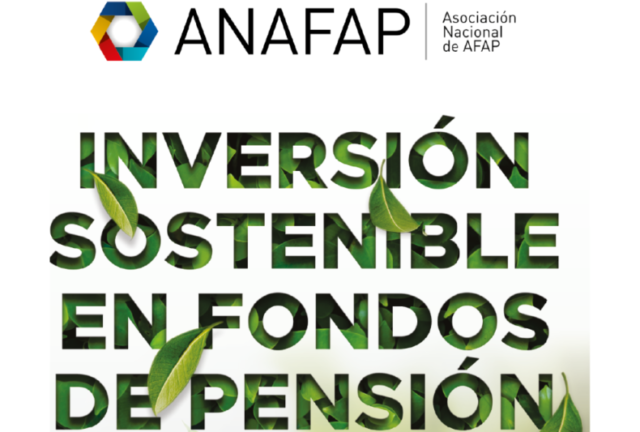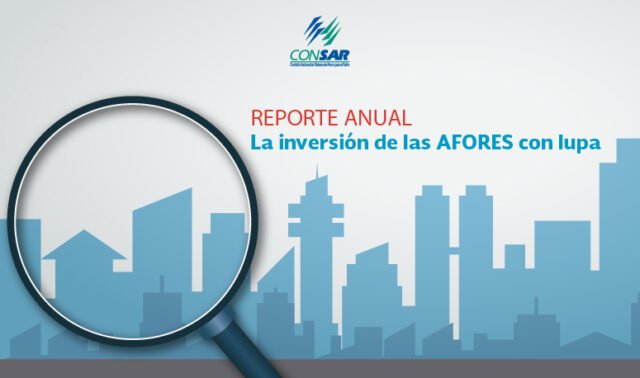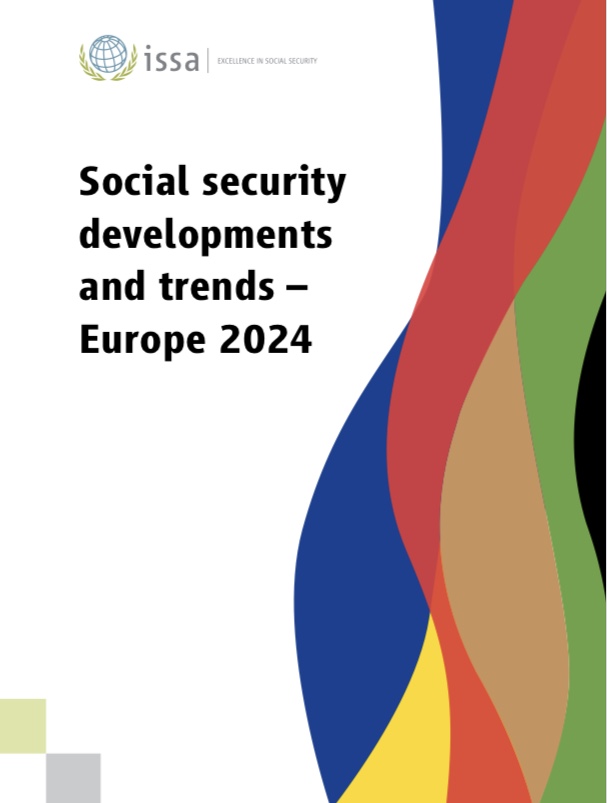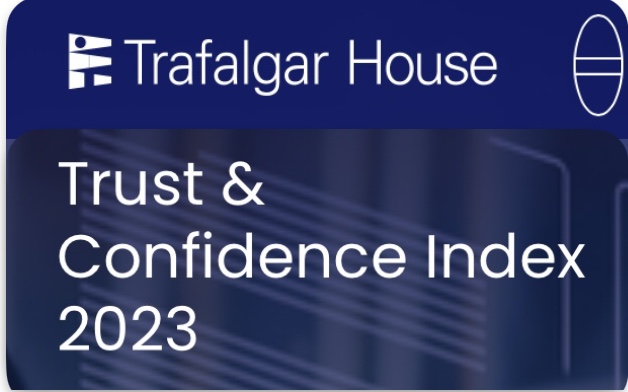Financial Fragility, Financial Resilience, and Pension Distributions
By Robert Clark & Olivia S. Mitchell We evaluate Americans’ financial robustness during the COVID-19 pandemic, using measures of financial resilience and financial fragility derived from U.S. surveys of persons aged 45 to 75 from 2020 to 2022. We analyze which factors were associated with resilience and fragility, discuss how these measures changed during the pandemic, and assess whether prepandemic resilience led to better outcomes during the period. Results show that stronger resilience was protective in terms of financial fragility,...










